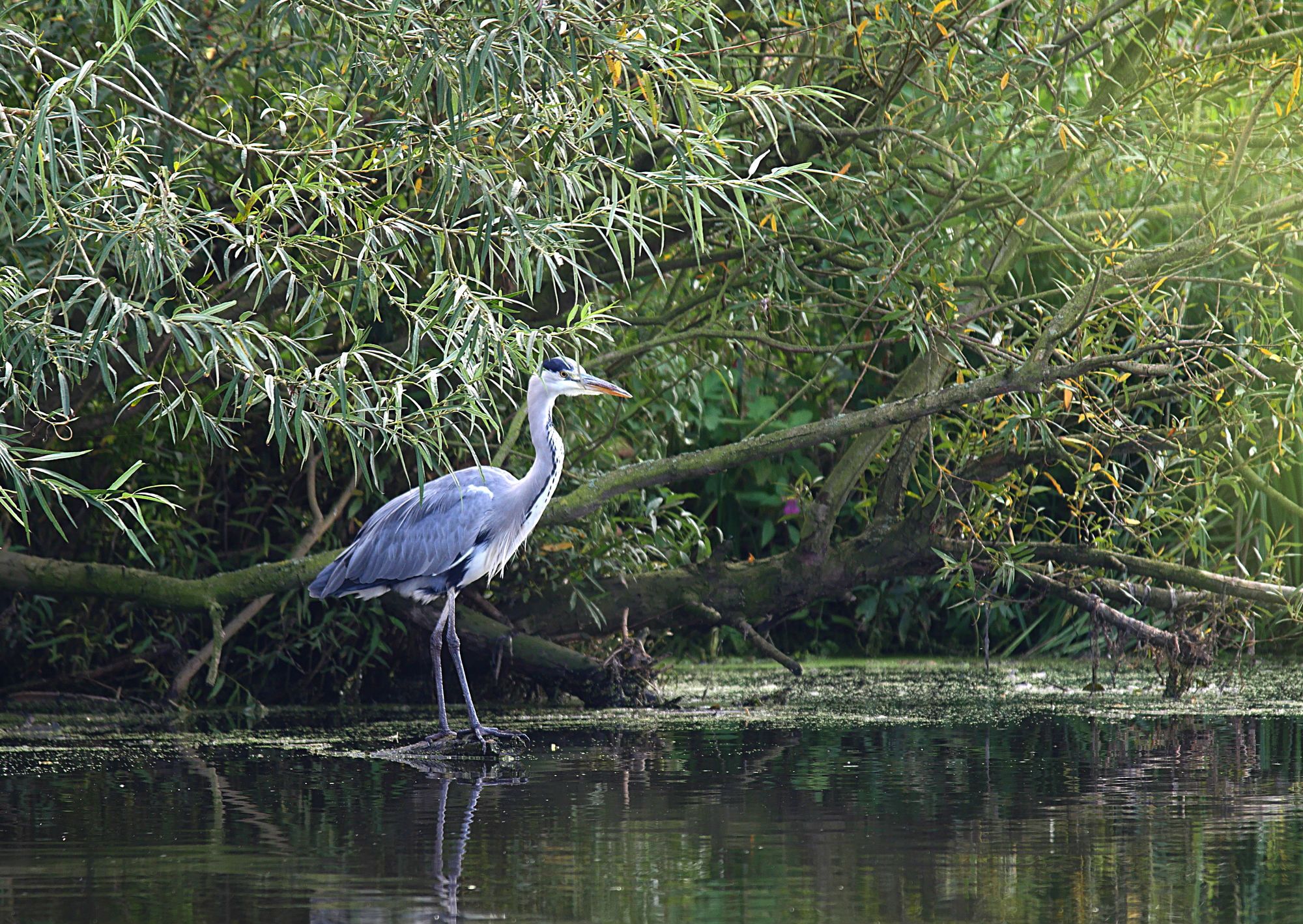Top Class Actions’s website and social media posts use affiliate links. If you make a purchase using such links, we may receive a commission, but it will not result in any additional charges to you. Please review our Affiliate Link Disclosure for more information.
According to a team of researchers at Canada’s McGill University, Roundup glyphosate herbicide can trigger a severe loss of biodiversity of the phytoplankton in freshwater ponds.
When farmers spray their fields with Roundup, some of the substance ends up affecting the environment surrounding it. Although the researchers found that some populations, when exposed to glyphosate at high levels, developed a resistance and ultimately survived the exposure, the cost of this survival was a 40 percent loss in biodiversity, Newsweek reports.
Roundup has been available for decades and has become the most popular weedkiller product in the world. Unfortunately, research in recent years has shown that there are a number of negative effects associated with exposure to glyphosate, including ecological effects. The McGill University research team said that their findings are concerning, since it could mean that phytoplankton—an essential part of the ecological food web—are placed at an increased level of vulnerability concurrently with more extreme environmental conditions caused by climate change.
Roundup glyphosate has also been linked with the decline in the global bee population, as well as adverse effects on earthworms.
Andrew Gonzalez, part of the team of researchers and one of the study’s authors, told Newsweek that “[t]he ubiquitous presence of glyphosate in the environment has sparked concerns over its potential health and ecotoxicological effects.”
“Like fertilizers,” Gonzalez said, “pesticides may have unintended ecological consequences when leaked into the environment. Evidence is accruing that glyphosate may be having broad ecotoxicological effects on many species beyond the weeds it was designed to kill.”
In the team’s experiment—the results of which were published in Nature Ecology and Evolution—the group created ponds containing phytoplankton communities. First, they exposed some of the ponds to low levels of Roundup glyphosate and recorded their results. Then, they exposed all of the ponds to high glyphosate levels. The team found that the phytoplankton communities that had previously been exposed to glyphosate had developed some level of resistance to the substance and were able to survive the extremely high doses that would otherwise have been lethal to them. This effect is known as “community rescue.”
“We wanted to know if glyphosate can induce rapid evolution, causing a long-term effect on the diversity and functioning of our freshwater ecosystems,” Gonzalez told Newsweek. “Selection by glyphosate is expected to produce winners and losers among the species in our freshwater ecosystems.”
However, even the phytoplankton communities that survived the high glyphosate dose suffered a whopping 40 percent loss in biodiversity.
“The potential for this loss of diversity to go ‘unseen’ in nature is great,” Gonzalez said. “Moreover, the loss of phytoplankton diversity might be expected to affect the productivity and stability of the food chains that support other species in our freshwater ponds and lakes.”
So what do these findings mean in the larger scheme of things? This biodiversity loss could mean that they are less resilient in the face of other major issues like climate change, along with other kinds of contamination and pollution.
“The growing global trend in glyphosate use because of our reliance on Roundup ready crops suggests that the ecological and evolutionary effects that we have uncovered should be added to the important health and ecotoxicological concerns that have already been raised for glyphosate,” said Gonzalez.
Roundup Glyphosate Cancer Litigation
First Monsanto, and now Bayer, have been hit with thousands of lawsuits over allegations of Roundup cancer.
If you or someone you love have been exposed to Roundup and have since been diagnosed with non-Hodgkin lymphoma, you may be able to file a lawsuit and pursue compensation. Of course, filing a lawsuit cannot undo the pain and suffering caused by Roundup cancer, nor can it bring a loved one back to life, but it can at least help to alleviate the financial burden incurred by medical expenses, lost wages, and more.
Do YOU have a legal claim? Fill out the form on this page now for a free, immediate, and confidential case evaluation. The Canadian lawyers who work with Top Class Actions will contact you if you qualify to let you know if an individual Roundup glyphosate cancer lawsuit or Roundup class action lawsuit is best for you. [In general, Roundup lawsuits are filed individually by each plaintiff and are not class actions.] Hurry — statutes of limitations may apply.
ATTORNEY ADVERTISING
Top Class Actions is a Proud Member of the American Bar Association
LEGAL INFORMATION IS NOT LEGAL ADVICE
Top Class Actions Legal Statement
©2008 – 2024 Top Class Actions® LLC
Various Trademarks held by their respective owners
This website is not intended for viewing or usage by European Union citizens.
Get Help – It’s Free
Join a Free Canada Roundup Class Action Lawsuit Investigation
U.S. citizens, click here for the U.S. Roundup Cancer Investigation.
If you qualify, an attorney will contact you to discuss the details of your potential case at no charge to you.
PLEASE NOTE: If you want to participate in this investigation, it is imperative that you reply to the law firm if they call or email you.













